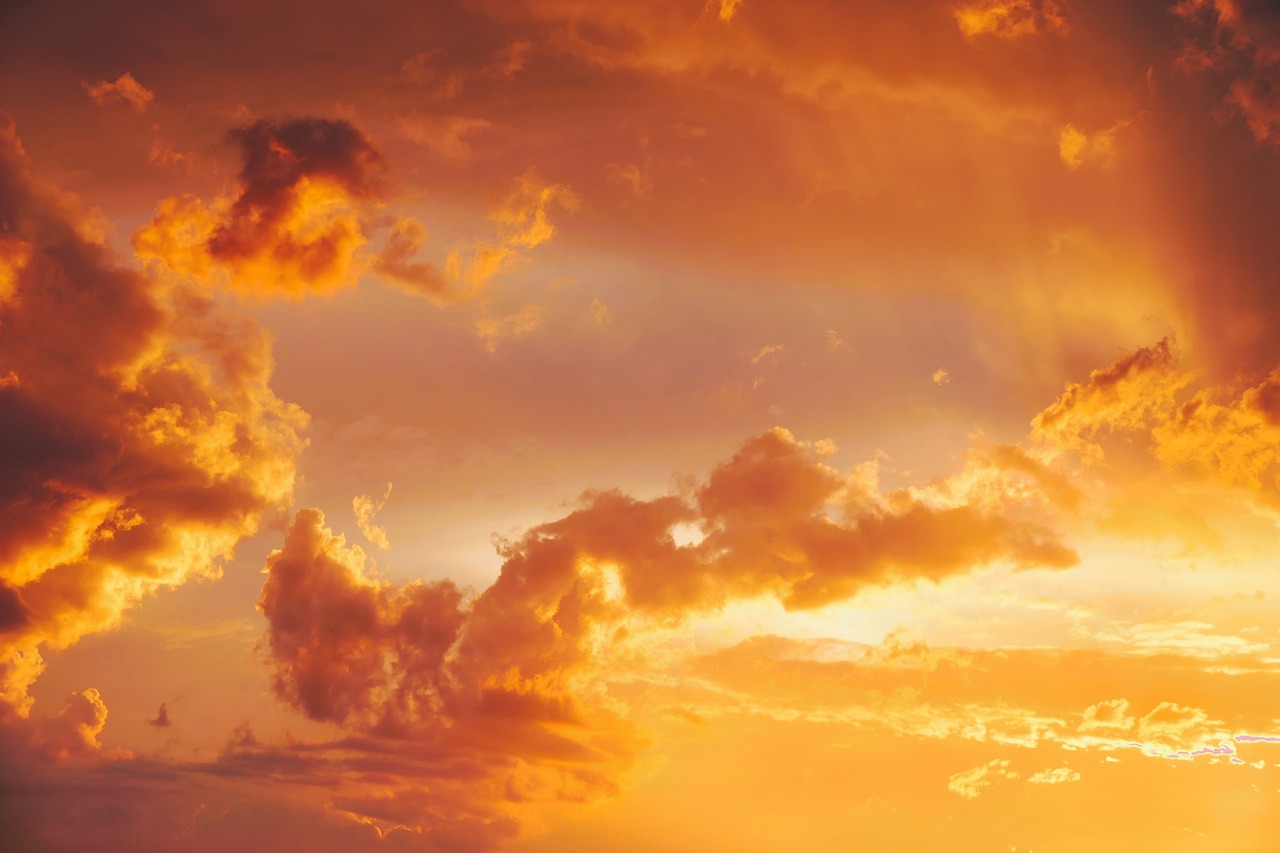
(NEW YORK) — A massive volcanic eruption at the Sundhnúkur crater in Iceland on Wednesday spewed lava over 160 feet into the air, officials announced.
The crater is located on the Reykjanes peninsula in southwestern Iceland, where authorities evacuated the seaside town of Grindavík, including the country’s biggest tourist attraction, the Blue Lagoon geothermal spa.
This marks the fifth and most powerful eruption in the region since December and the eighth since the volcanic system became active three years ago in March 2021 after not experiencing an eruption for 800 years.
Most of the 4,000 residents of Grindavik were permanently evacuated in November 2023 due to ongoing volcanic activity.
Grindavík sits roughly 30 miles south of Iceland’s capital city, Reykjavik.
The eruption began at approximately 12:46 p.m. local time on Wednesday, which prompted a fairly intense flow of lava surrounding Hagafell volcano to the east and then south towards the Melhólsnáma mine, according to the Icelandic Meteorological Office (IMO).
The lava eruptions reached 164 feet high and the length of the fissure was around 2 miles, the agency said.
The extrusion rate, or the rate of the lava flow, is roughly estimated at 1,500-2,000 cubic meters per second, according to the IMO
The agency warned that lava flowing from the southernmost opening of the fissure is now less than a kilometer away from the lava barriers north of Grindavík.
“The first assessment of scientists is that the beginning of this eruption is more powerful than in previous eruptions,” the office said in a statement.
Officials warned that gas pollution would be seen towards the southeast of the region and later on Wednesday, could travel east to Selvogur and Ölfus, Icland.
By Thursday, gas pollution is expected to be carried to the northeast and could be felt in the capital area of Reykjavik.
The eruption Wednesday comes nearly three weeks after the end of a previous eruption that started on March 16 in Hagafell and Stora-Skogfell on the same Reykjanes peninsula and flowed for eight weeks.
Copyright © 2024, ABC Audio. All rights reserved.




